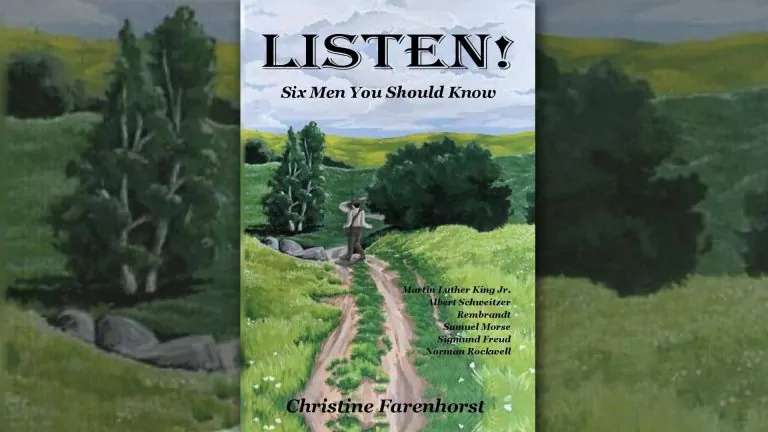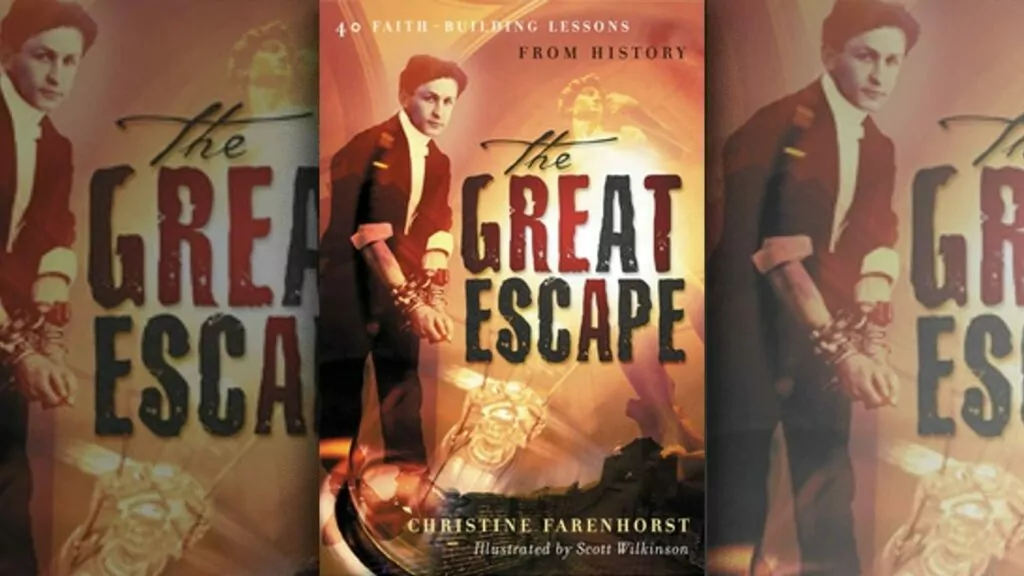by Christine Farenhorst
161 pages / 2021
The six men we get introduced to here are given 25-30 pages each which is enough space to get a very good feel for them. It’s also short enough that it avoids completely the indulgence evident in many a bigger biography of telling us what the subject ate for lunch on the third Tuesday of October, one hundreds years ago.
The half dozen that author Christine Farenhorst introduces us to are:
- Martin Luther King Jr.
- Albert Schweitzer
- Rembrandt Dutch
- Samuel Morse
- Sigmund Freud
- Norman Rockwell
I enjoyed the eclectic nature of the selections – these six holding little in common outside their fame and influence, but all are worth knowing better. I was more curious about some of them than others, particularly the very first, the American icon, Martin Luther King Jr. But after learning a little about his thoughts, and the political and cultural battles of his time, I skipped ahead to the profile of Austrian psychologist Sigmund Freud who spent most of this life in Europe, and died when King was just 10. I’d read biographies on both men previously, but Christine’s solidly biblical perspective brought new light to both subjects.
For the four others, I knew little more than their names – or their artwork, in the cases of Norman Rockwell and Rembrandt – and I enjoyed this opportunity to delve into their backgrounds, their age, and place. I enjoyed learning about Samuel Morse in particular, as he is the only one of these six who was clearly a Christian. Christine shows that some of the others, like Freud, clearly were not, while Rembrandt, had, at best, an odd relationship with his Maker.
Overall, this is a very quick enjoyable read – I think I finished it in a day. It was sad reading about many of these men’s outright rejection of God, so I might recommend reading the profiles out of order so that you can conclude with Samuel Morse, and end on a happy note! Children who enjoy history and reading would likely enjoy this as young as 12. The short, 30-page profiles, would also make this a great title for adults who want to know their history, but are put off by the tomes that some historians publish.
Christine Farenhorst is a regular columnist for Reformed Perspective, so if you want to get a feel for her writing, that is as easily done as clicking here. You can order “Listen! Six men you should know” at many online retailers.















